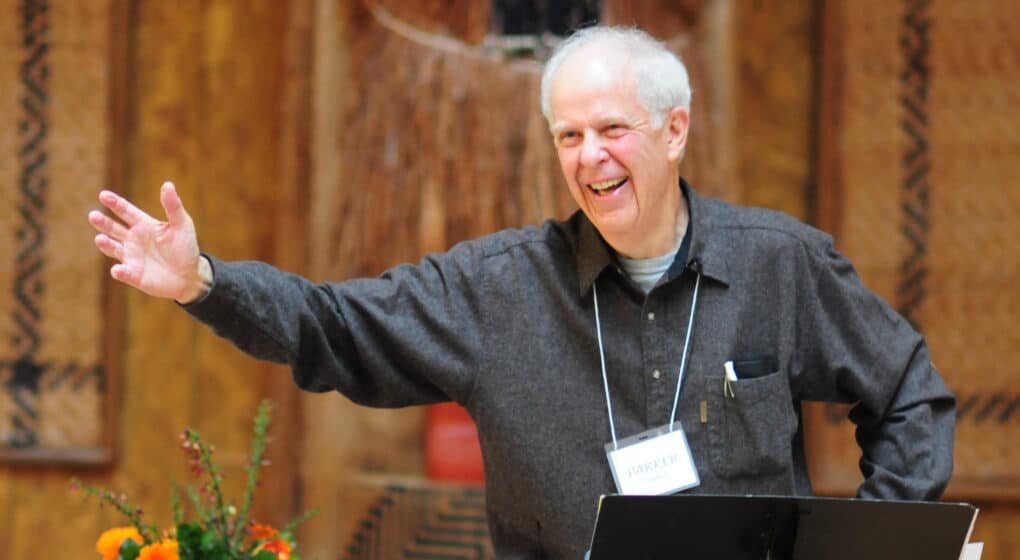
“Research has shown in recent years that painful words get passed down to us even on an epigenetic, cellular level. We all have positive and negative legacies we must grapple with. As we say at [New Life Fellowship], Jesus might live in your heart, but Grandpa lives in your bones.”- Rich Villodas
In Chapter 3 (“Hindering Wounds, Holy Wounds: Trauma and the Hope of the World”) of Good and Beautiful and Kind, Rich Villodas asserts that loving well is the essence of following Jesus. As a result, loving well requires the patient exploration of the stories beneath us. In particular, the stories of our traumas and woundedness.
Certainly, Rich notes, we all raise self-protective barriers in the presence of trauma. Consequently, those barriers severely compromise our ability to love well. However, through compassionate confrontation of our wounds, we stumble toward wholeness. In turn, that allows us to function as agents of healing.
Furthermore, a good invitation presents itself here. As educator and author Parker J. Palmer wrote in A Hidden Wholeness: The Journey Toward an Undivided Life:
“The more we know about another’s story, the harder it is to hate or harm that person.”
Most significantly, trauma represents a distressing reality of life. Whether we choose to acknowledge that fact or not. In addition, Rich underscores, it’s more pervasive and present that we might think. The difficulties of life affect us, no matter what our level of resilience.
In conclusion, while some of our wounds are fresh, others go way back. And those very old wounds include transgenerational trauma. In this type of trauma, wounds of one generation affect subsequent generations in the same way.
Finally, some wounds we carry develop over time and aren’t relegated to a specific event. Just like fish don’t know they’re in water, people fail to realize they carry developmental trauma. Because its presence often goes undetected, this trauma finds expression in what we consider normal emotional distress.
Today’s question: When do you find that Grandpa lives in your bones? Please share.
Tomorrow’s blog: “Loving well in a traumatized world”

